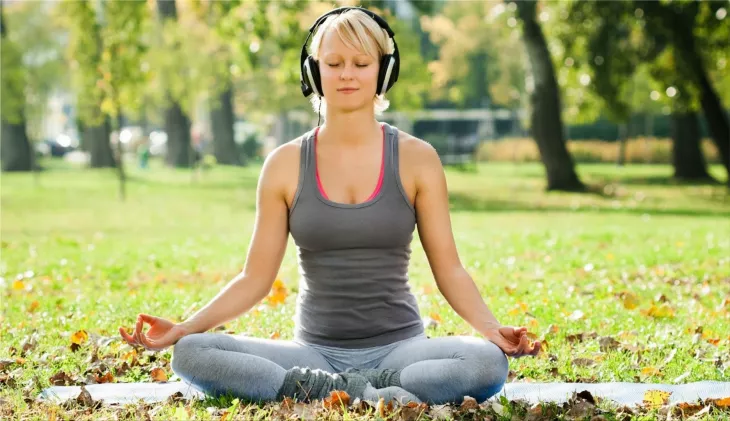Stress is an inescapable aspect of life for everyone, regardless of their age or schedule. Stress, in some doses, may be beneficial since it encourages us to surpass our physical and intellectual limitations to achieve a higher level of performance. However, when the body is constantly stressed, it might suffer indefinitely. In addition, chronic stress can significantly raise your chance of developing major illnesses such as diabetes, heart disease, cancer, and early death.
When you are through a stressful moment at work or in your personal life, it is prudent to alleviate this state to avoid harmful health consequences. Here are four practical and straightforward ways to incorporate it into your daily life to reduce stress.
On the move meditation.
Consider how much time you spend thinking about the past and how much time you spend worrying about the future damaging everyone's well-being. Numerous specialists assert that 30 minutes of daily meditation may significantly reduce anxiety and even depressive illnesses. However, many people struggle with simple meditation. There is, however, a practice that is more universally accessible: a reflection on the move. Begin by selecting comfy attire, such as a pair of ugg boots and a jacket. Then, take a stroll, take it slowly, empty your thoughts, and concentrate solely on breathing. On the move, you may be able to download a meditation app. You are not on a mission; you are simply wandering. During this time, make an effort to be aware of the motions you usually do reflexively, even if they seem absurd at first: your steps, the movement of your hands, the way you breathe. As you progress, negative energy will dissipate, making space for a more pleasant mindset.
It is preferable to externalize your thoughts than to nibble on them within and examine them. A diary is a great way to express your thoughts, anxieties, and concerns. You may do this at any time, for example, before night, to clear your thoughts, and your troubles will appear less severe. Do not forget to include the activities you loved or the things you are thankful for in your journal. This might assist you in focusing your attention on the good parts of your life.
Consume anti-stress food.
Nutrition is critical to our mental health. Thus, some meals high in magnesium, vitamins, and Omega-3 fatty acids are considered to have actual anti-stress properties and are thus preferred in cases of anxiety. This is particularly true for dark chocolate, almonds, oily salmon, and whole grains. In addition, honey and other bee products, such as royal jelly and propolis, are high in B and C vitamins, beneficial for stress and tiredness management. On the other hand, excessively sweet meals must be avoided. Sugar overexcites already-stressed nerve circuits. Additionally, goods high in saturated fats, such as chips, french fries, and puff pastry, are not suggested.
Properly breathe.
It is a well-known truth that healthy, deep breathing is one of the most accessible cures for anxiety. What does this imply in practice? This requires breathing from the belly (the chest should remain firm), with an exhale longer than the inspiration. After each exhale, take a three-second pause before inhaling again. Ten times a day, several times a day, repeat this exercise. It promotes and aids in the relaxation of the parasympathetic nervous system. And it would be much better if you managed to cleanse your mind of ideas during this period.
Overwork, an unsustainable pace of life, personal problems: we are all afflicted by stress at some point in our lives. Although it may appear challenging at times, the recommendations above will undoubtedly assist you in reducing your stress level and ensuring that you do not let yourself down.
























